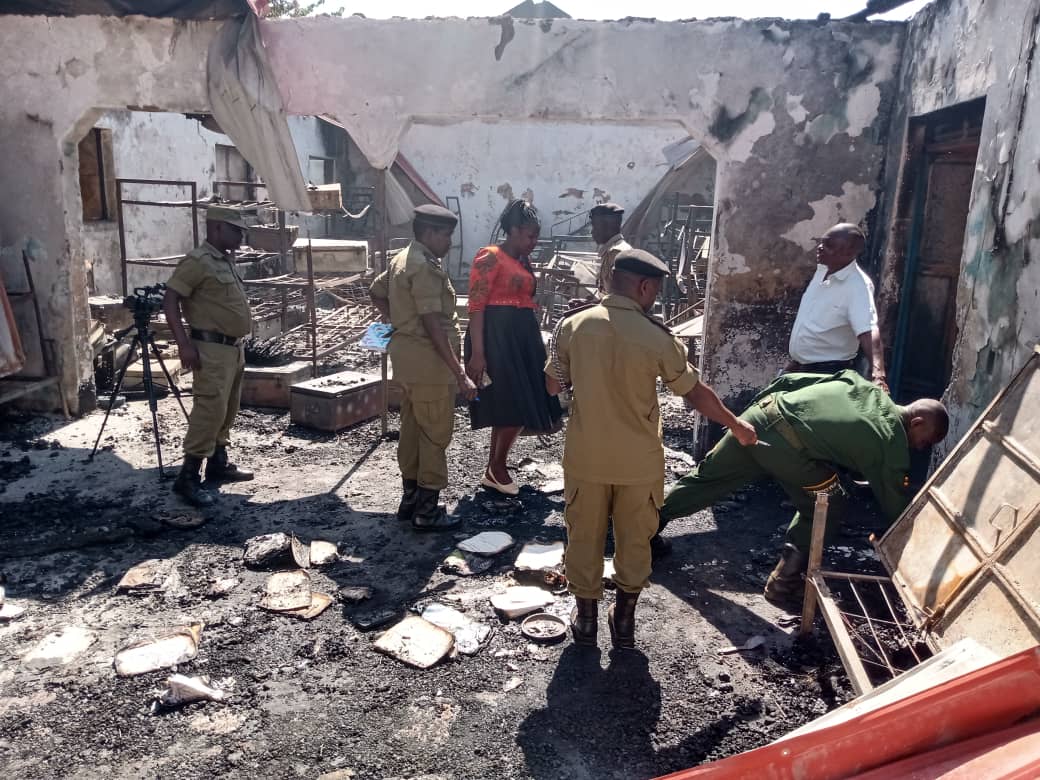Army court releases on bail SFC soldiers, Police officers arrested for revealing secrets regarding security
The General Court Martial in Makindye has released on bail three Special Forces Command soldiers , two police officers and a civilian arrested and detained over offences related to revealing information relating to Uganda’s security.
The army court chaired by Lt.Gen.Andrew Gutti on Monday released Corporal Abdalla Ajobe an SFC officer attached to Nakasero state lodge, Private Paul Okweny, an engineer in SFC , Private Henry Obong(SFC),Martin Kimbowa, attached to the police witness protection unit, Swadafi Marutre, attached to police headquarters and Wilson Atekateka a civilian and resident of Lukuli in Makindye.
Keep Reading
The group was released on a non-cash bond of shs10 million each whereas their sureties were asked to pay shs3 million on cash.
The five accused people were also asked not to travel outside Kampala and Wakiso districts without the army court’s permission.
They were also asked to report twice a month to the court’s registrar.
“In case of default of any of the conditions, the bail will be cancelled,”Lt.Gen.Gutti warned.
These are part of a group of 12 people who were arrested last year by the army in a swoop against civilians, police officers and army officers close to the former Inspector General of Police, Gen.Kale Kayihura.
The Charges
They were charged with offences related to security contrary to section 130(1) of the UPDF Act 2005.
Prosecution alleges that the accused between the months of March and September 2018 in the areas of Kampala and Wakiso held meetings to recruit civilians and soldiers into subversive activities of overthrowing government.
They were accused of trying to overthrow government by putting security at risk.
The group was remanded to Makindye military police barracks until August 19 when they will appear for the mention of their cases.
According to section 130(1) of the UPDF Act 2005, a person subject to military law commits an offence by;
(a) Disclosing by word of mouth or by document, confidential information to the enemy or to unauthorized members of the defence forces or the public.
(b) Talking about or discusses any confidential information in unauthorized places or with authorized persons within hearing distance of unauthorized persons.
(c ) Giving a parole, watchword, password, countersign or identification signal different from that which he or she received or without authority, alters or interferes with any identification or other signal; commits an offence and is, on conviction, liable to imprisonment not exceeding five years.

















